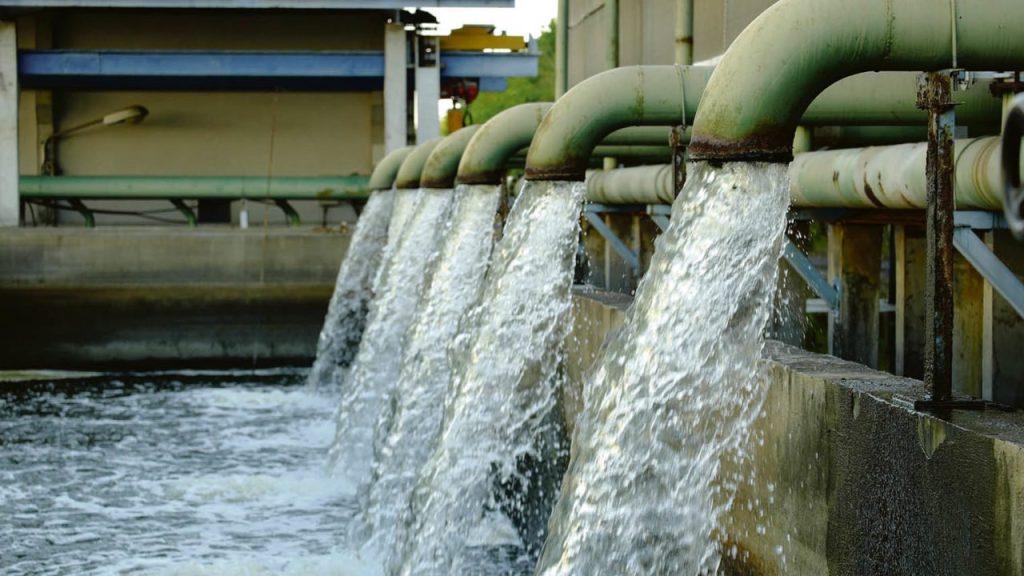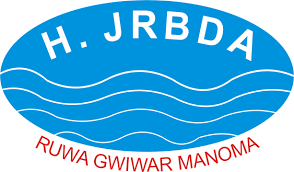The management of Hadejia Jama’are River Basin Development Authority (HJRBDA) has informed farmers and Water Users Association (WUA) at the Kano River Irrigation Project (KRIP) office in Kura that water charges are not taxes, but payments for essential services rendered by the authority to maintain and improve irrigation infrastructure.
According to the Managing Director of HJRBDA, Rabiu Bichi, the authority is dedicated to improving water resource management, maintaining critical infrastructure and supporting farmers to boost food security and economic growth in the region. He further called for continued collaboration between stakeholders to address challenges and harness the full potential of the river basin’s resources in developing a robust agriculture sector that would ensure the Federal Government’s decision to attain a sustainable food sufficiency level in the country.

Responding, the farmers have appealed to HJRBDA to provide for them tractors and combined harvesters to support the upcoming rainy season and subsequent dry season activities. The team had inspected critical water storage such as the Challawa Gorge Dam, with a capacity of 962 million cubic meters, Tiga Dam that has the capacity of 1.968 billion cubic meters, and Ruwan Kanya River with a storage capacity of 50 million cubic meters. The team also observed operational challenges, including damaged instrumentation, faulty pipes and other maintenance issues that require urgent attention to ensure optimal performance. The managing director and his team equally inspected hydroelectric power generation projects initiated by the Kano State Government at both Challawa and Tiga dams, reaffirming HJRBDA’s commitment to supporting sustainable energy and water resource management.
The Hadejia-Jama’are River Basin Development Authority (HJRBDA) is a governmental organisation that is responsible for the management, development, and utilisation of water resources within the Hadejia-Jama’are River Basin. The authority was established to oversee various projects and initiatives aimed at improving agricultural production, water supply, and overall socio-economic development in the region. The primary objectives of HJRBDA include water resource development for irrigation, flood control, and water supply, as well as promoting sustainable agriculture and rural development. The authority also builds dams, constructs irrigation systems, and provides technical assistance to local communities to enhance water utilisation for agricultural and other purposes, among other roles.



